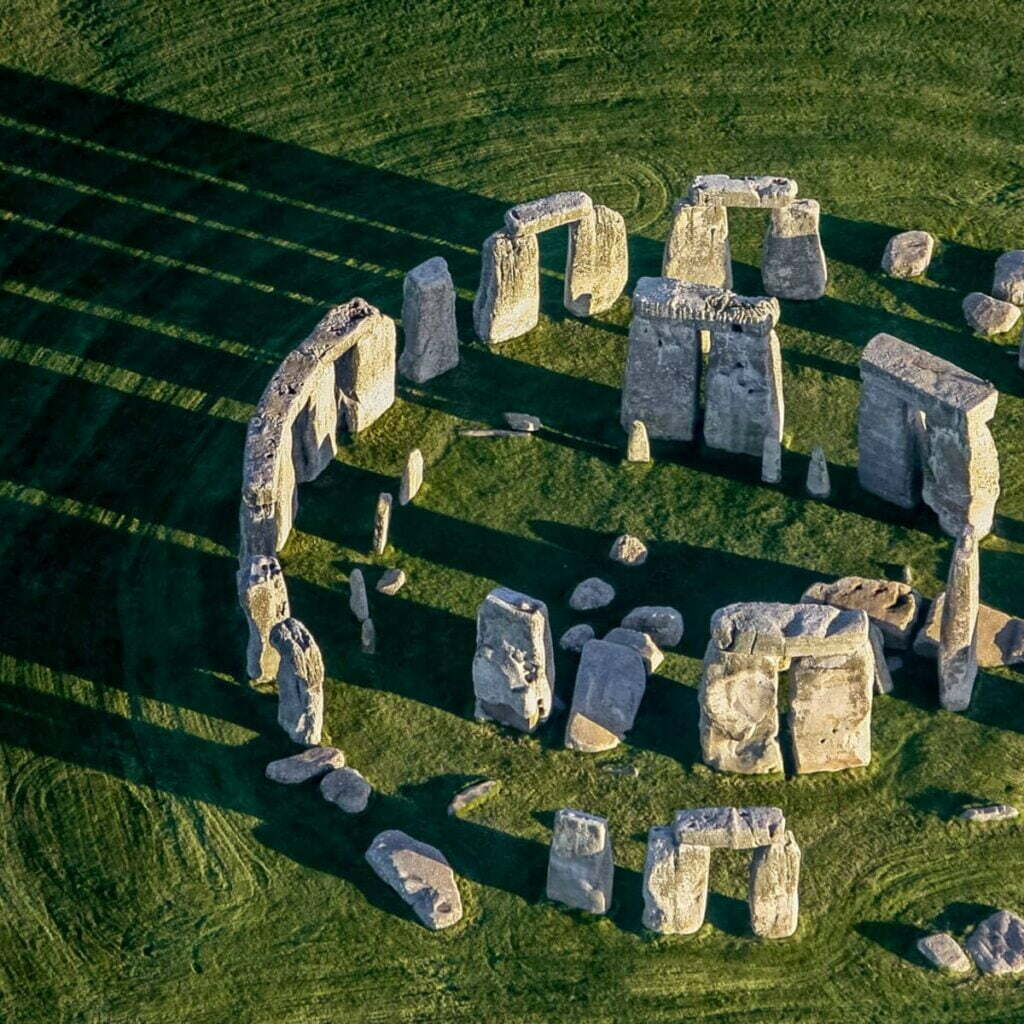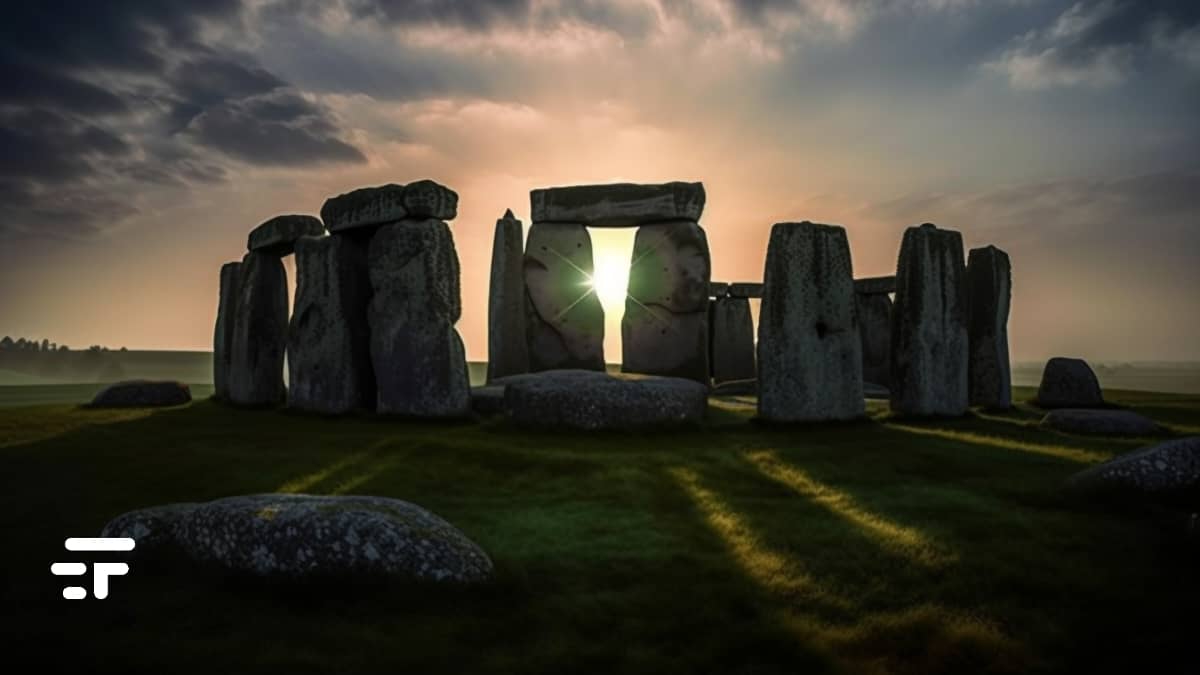In a new study published in the journal Antiquity (I link it here) a team of astronomers and archaeologists argues that Stonehenge, the ancient megalithic complex in southern England, was not a prehistoric solar calendar but served primarily as a memorial to the dead.
Stonehenge, clash of theories
Not even a year ago Timothy Darvill, professor of archeology and Stonehenge expert at Bournemouth University in the UK, had suggested that the monument worked like a solar calendar with 356,25 days.
In his studio, Darvill hypothesized a cultural link between the circle of giant “sarsen” stones placed around 2500 BC and the solar calendars used at the time in the Near East, such as the ancient Egyptian calendar, perhaps thanks to long-distance travellers.
The objections to this theory come from Italy and Spain. To be precise, from the mathematician Julius Magli of the Polytechnic of Milan and the astronomer Juan Antonio Belmonte of the Institute of Astrophysics of the Canary Islands. Both essentially argue that Stonehenge was not accurate enough to be a solar calendar.
So what was Stonehenge for?
Excavations in the area demonstrate that many parts of the vast megalithic complex were used as burials for hundreds of years. Magli believes that this would be the "clue" that more than others would explain the alignment of Stonehenge with the winter solstice. An important annual date, linked to the deceased in various prehistoric religions.
The archaeologist Matt Leivers he has been studying Stonehenge for decades, and agrees: “All this shows how easy it is to read calendric divisions into the architecture of Stonehenge and how unlikely it is to prove their veracity.”

The “definitive” truth?
Darvill argues that the most recent criticisms do not refute the proposals made in his 2022 study. “What they say does not undermine the essential model of the sarsen structures at Stonehenge being built as a manifestation of a perpetual solar calendar,” he told Live Science in a e-mail.
In other words: despite new research, the debate over the true purpose of Stonehenge continues to divide experts archeology. Was it really a solar calendar or a memorial to the dead?
Perhaps the answer still lies buried within the stones of this fascinating prehistoric monument.


